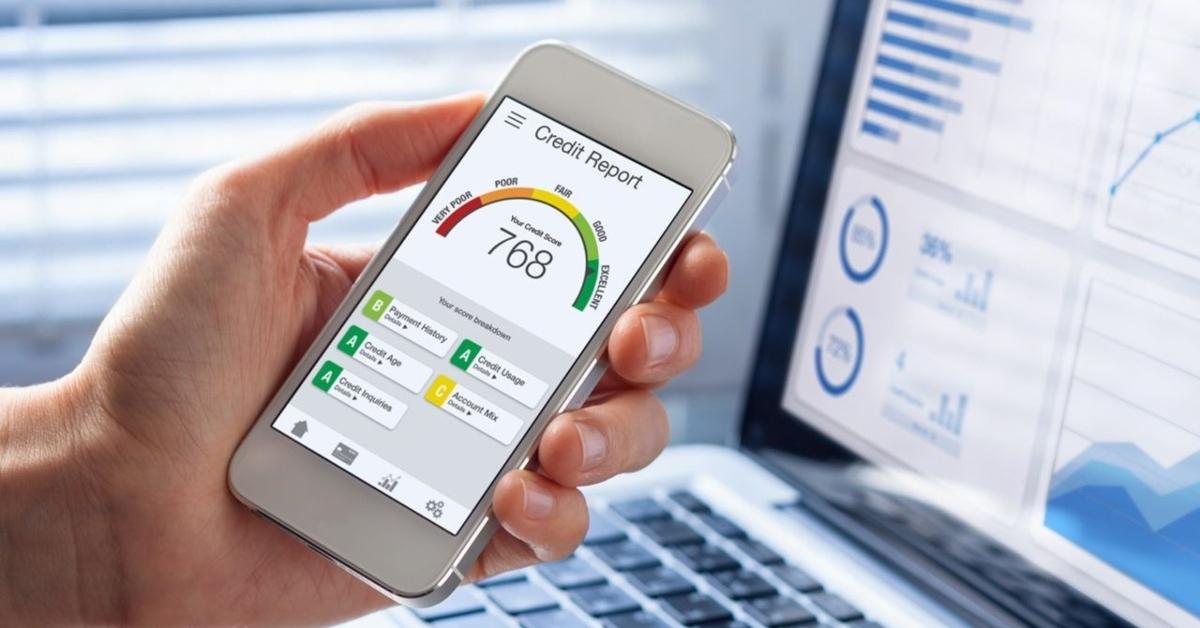Do Medical Bills Affect Your Credit Score?
Unpaid medical bills can negatively affect your credit score and, once they're on your credit report, it can take seven years to get them off.
Nov. 10 2021, Published 11:45 a.m. ET

When struggling with debt while trying to maintain or build a decent credit score, you may be tempted to put off paying some bills so that you can pay others. Do medical bills affect your credit score?
The short answer is yes. Outstanding medical bills can negatively affect your credit score and, once they're on your credit report, it can take seven years to get them off.
Medical bills are sent to collections after 90 to 180 days
According to consumer credit bureau Experian, healthcare providers typically send medical bills to collections if they haven’t been paid within 90 to 180 days. The number of days differs for each provider.

Even if a medical bill is sent to a collections agency, you still have a chance to prevent it from showing up on your credit report. The main consumer credit bureaus—Experian, Equifax, and Transunion—won’t put an unpaid medical bill on your credit history until you're six months (180 days) past due. So, even if your medical bill is sent to collections after 90 days, you have some time to pay it off before it shows up in your credit history.
Payment history has the biggest impact on your credit score
When it comes to calculating your credit score, your payment history has the biggest impact. Other factors affecting your score include your credit card usage and the length of your credit history.
However, not all unpaid bills have the same weight on your score. Outstanding medical bills sometimes have less impact than other debt, depending on the scoring model used, CreditKarma.com states.
Medical debt stays on your credit report for seven years
Once an unpaid medical bill is on your credit report, it can take up to seven years to get it off, even if you've since paid it. On the flip side, if you don’t ever pay the medical bill, it will still be dropped from your credit history after seven years.
Not paying your medical bill in the hopes that it will eventually fall off your credit history isn’t the best idea for dealing with the debt. If you ignore the debt, you could find yourself in court.
According to the Consumer Financial Protection Bureau, collection agencies have a three-to-six-year window to file a lawsuit against you to recover the debt. If you ignore a court summons, the collection agency could force you to pay off your debt by garnishing your wages or going after your assets.

How do you prevent unpaid medical bills from impacting your credit score?
The best way to prevent an outstanding medical bill from impacting your credit score is to take steps to make payments or pay it off before it heads to collections. CreditKarma.com offers the following tips to help you pay off medical bills and keep them off your credit report:
1. Know what's covered by your health insurance and what isn’t. It’s wise to get an idea of how much a medical procedure will cost and how much of it is covered by your insurance before your scheduled procedure. Sometimes, medical providers will work with you to arrange payment plans before you undergo treatment.
2. Ask about a payment plan. If your medical bill is so large that you know you won’t be able to pay it off right away, a payment plan will help you pay your bill without breaking the bank.
3. Make your payments on time. There are many apps available now to help you keep track of when your payments are due. If you still struggle to meet payment due dates, you should consider setting up automatic payments.
